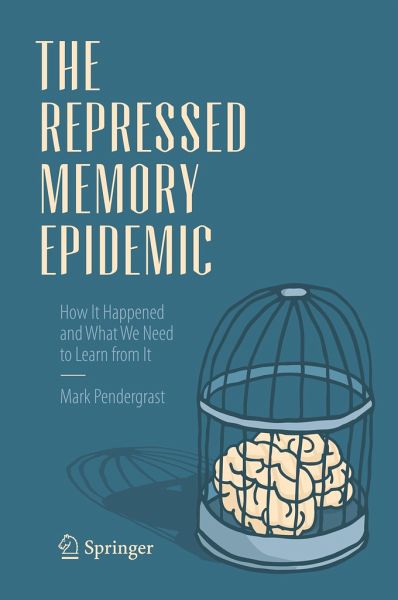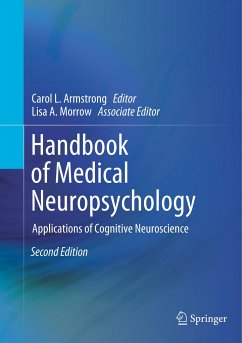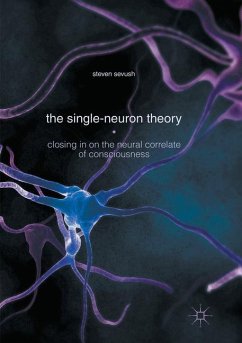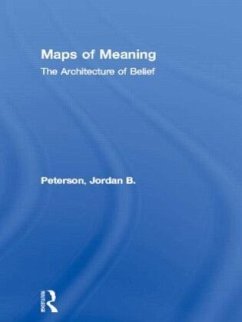
The Repressed Memory Epidemic
How It Happened and What We Need to Learn from It
Versandkostenfrei!
Versandfertig in 6-10 Tagen
122,99 €
inkl. MwSt.
Weitere Ausgaben:

PAYBACK Punkte
61 °P sammeln!
This book offers a comprehensive overview of the concept of repressed memories. It provides a history and context that documents key events that have had an effect on the way that modern psychology and psychotherapy have developed. Chapters provide an overview of how human memory functions and works and examine facets of the misguided theories behind repressed memory. The book also examines the science of the brain, the reconstructive nature of human memory, and studies of suggestibility. It traces the present-day resurgence of a belief in repressed memories in the general public as well as am...
This book offers a comprehensive overview of the concept of repressed memories. It provides a history and context that documents key events that have had an effect on the way that modern psychology and psychotherapy have developed. Chapters provide an overview of how human memory functions and works and examine facets of the misguided theories behind repressed memory. The book also examines the science of the brain, the reconstructive nature of human memory, and studies of suggestibility. It traces the present-day resurgence of a belief in repressed memories in the general public as well as among many clinical psychologists, psychiatrists, social workers, "body workers," and others who offer counseling. It concludes with legal and professional recommendations and advice for individuals who deal with or have dealt with the psychotherapeutic practice of repressed memory therapy.
Topics featured in this text include:
The modern diagnosis of Dissociative Identity Disorder (DID) (once called MPD)
The "Satanic Panic" of the 1980s and its relation to repressed memory therapy.
The McMartin Preschool Case and the "Day Care Sex Panic."
A historical overview from the Great Witch Craze to Sigmund Freud's theories, spanning the 16th to 19th centuries.
An exploration of the cultural context that produced the repressed memory epidemic of the 1990s.
The repressed memory movement as a religious sect or cult.
The Repressed Memory Epidemic will be of interest to researchers and clinicians as well as undergraduate and graduate students in the fields of psychology, sociology, cultural studies, religion, and anthropology.
Topics featured in this text include:
The modern diagnosis of Dissociative Identity Disorder (DID) (once called MPD)
The "Satanic Panic" of the 1980s and its relation to repressed memory therapy.
The McMartin Preschool Case and the "Day Care Sex Panic."
A historical overview from the Great Witch Craze to Sigmund Freud's theories, spanning the 16th to 19th centuries.
An exploration of the cultural context that produced the repressed memory epidemic of the 1990s.
The repressed memory movement as a religious sect or cult.
The Repressed Memory Epidemic will be of interest to researchers and clinicians as well as undergraduate and graduate students in the fields of psychology, sociology, cultural studies, religion, and anthropology.














